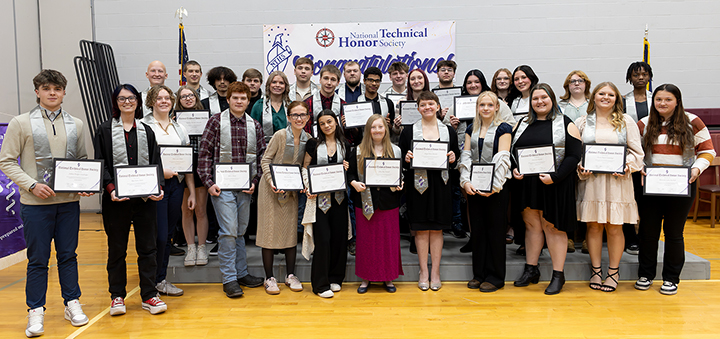Guernsey Memorial Library to offer special presentation on neurofeedback
NORWICH – If you are interested in learning more about the process of neurofeedback and its potential for treating various conditions, the Guernsey Memorial Library will feature a program presented by local neurofeedback practitioner Dr. Adriana Steffens of Mind Matters at 6 p.m. Thursday in the library meeting room.
Chances are you know someone with ADHD, epilepsy, addictions, or chronic pain, or you experience one of these problems yourself. There are treatments which target these complaints, including medications and therapy, but did you know that these conditions may also respond to treatment using something called neurofeedback?
Never heard of neurofeedback? You may have heard of biofeedback. Biofeedback is a process where individuals learn to control their body’s physiological processes with the purpose of improving their health and performance. Neurofeedback is a specific type of biofeedback that uses real-time displays of electroencephalography (EEG) to graphically show brain activity and train patients to regulate it.






Comments